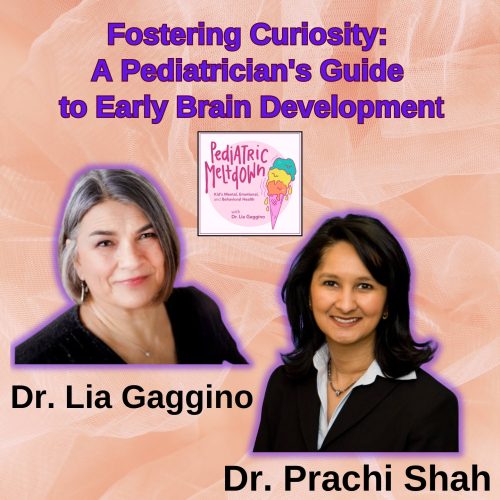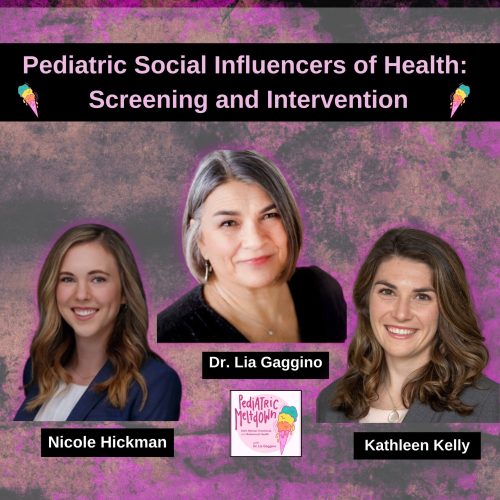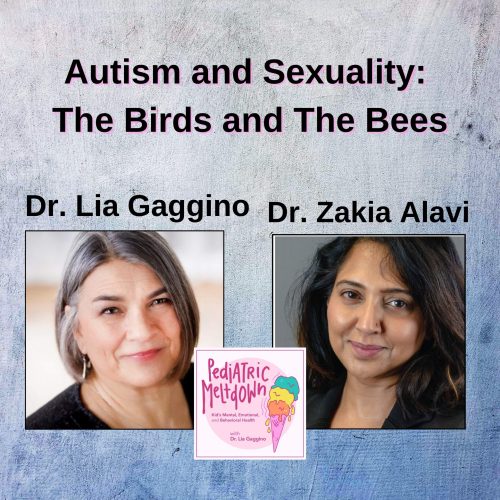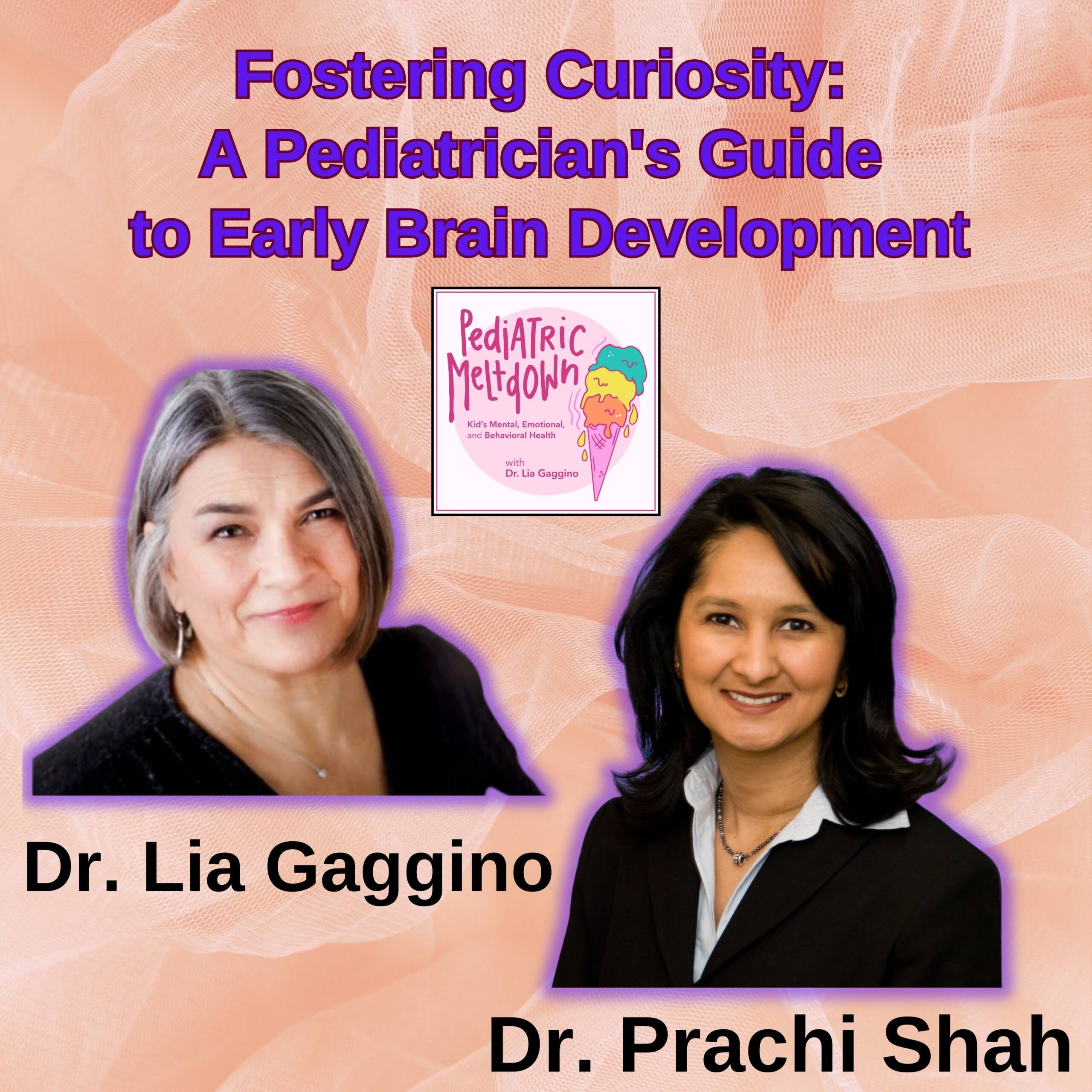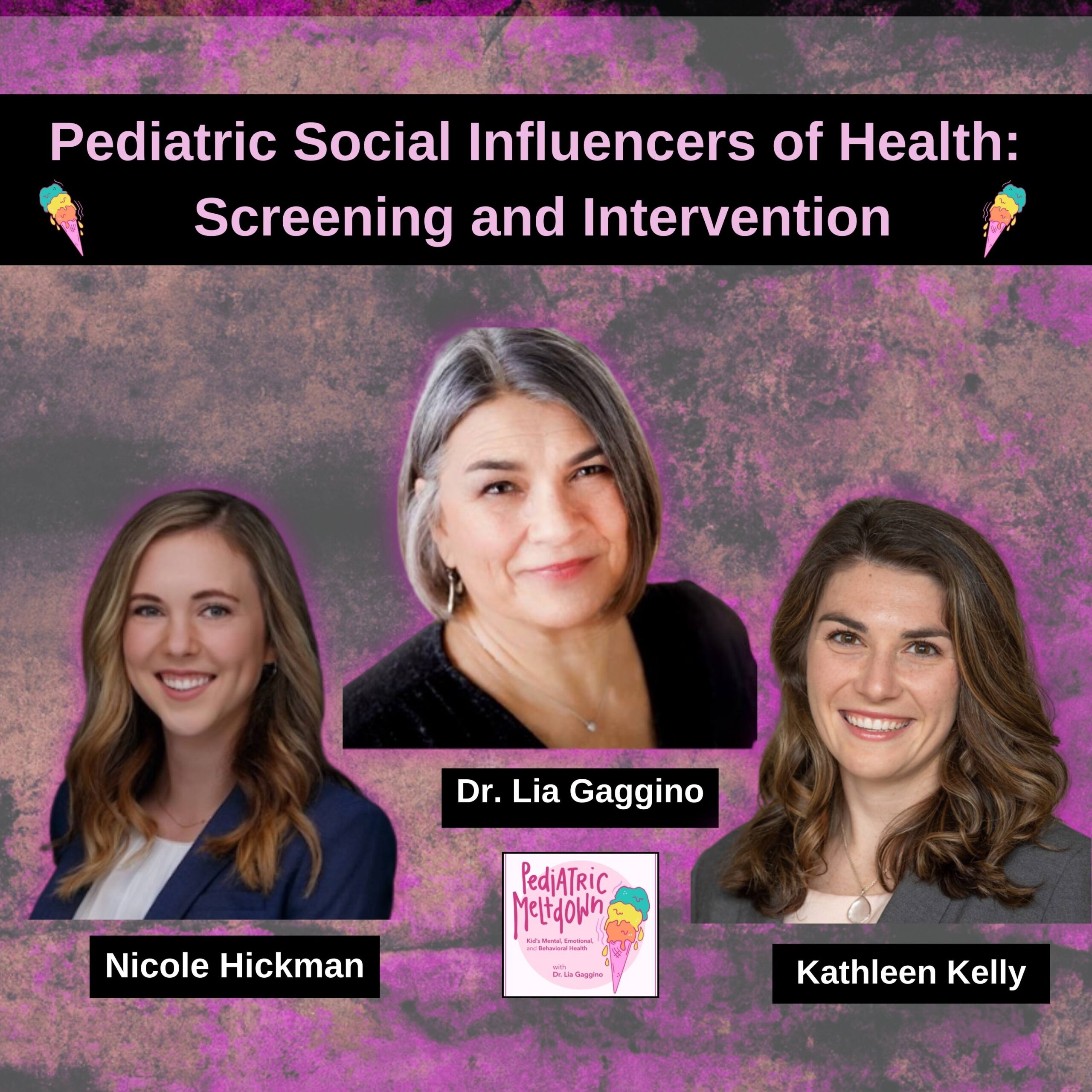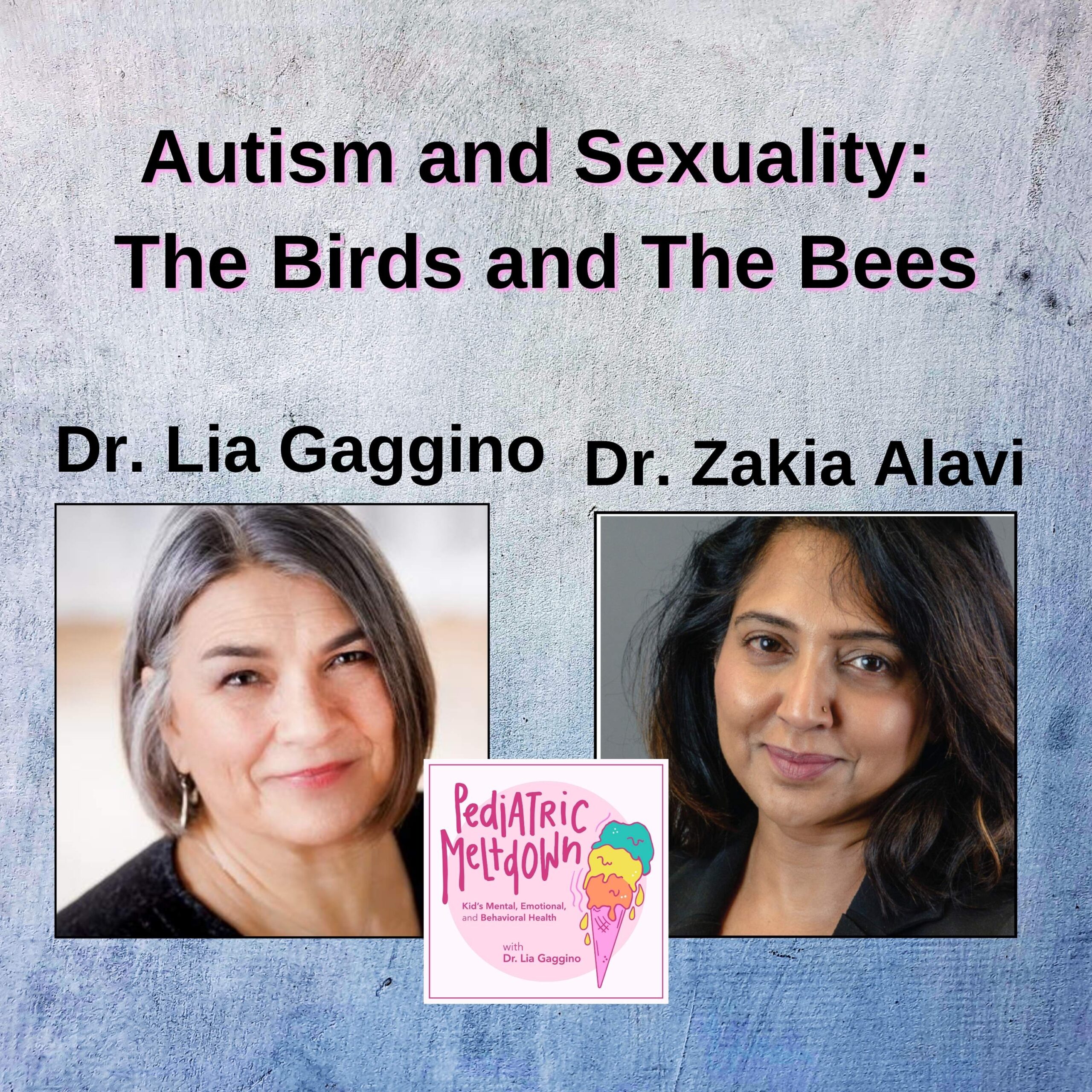Dr. Stephanie M. Peterson is an Associate Dean of the College of Arts and Sciences at Western Michigan University (WMU). She earned her doctorate in Special Education at The University of Iowa in 1994. She served two 3-year terms on the Board of Directors for the Behavior Analyst Certification Board and was appointed by the Governor of Michigan to the Michigan Board of Behavior Analysts, Michigan’s licensing board for behavior analysts. She served as Board President for 2 years.
Dr. Sheryl Rosin is a speech-language pathologist, professor, and certified autism specialist with 25 years of experience in the field. She has presented around the world and has been published in research journals on best practices in assessment and intervention for individuals with ASD. She is the owner and director of Palm Beach Speech-Language Specialists in south Florida and the Founder and Consulting Director of The St. Kitts Spectrum Services Centre in St. Kitts, the first autism clinic in the Caribbean.
Dr. Rick Solomon is a developmental and behavioral pediatrician with over 25 years’ experience diagnosing and providing intervention for children with ASD. Dr. Solomon is a nationally recognized expert in the field of autism science and intervention. He is in private practice at The Ann Arbor Center for Developmental and Behavioral Pediatrics in Ann Arbor Michigan and is the founder of The PLAY Project, an evidence-based, parent-implemented autism intensive early intervention model that uses a developmental, relationship based, and playful approach.
Kirsten Brown is a licensed Occupational therapist with over 25 years’ experience working with children and families. She is the owner of First Achievements, PLLC in Hebron Kentucky and provides home-based early intervention and office-based OT services. She has presented workshops for early intervention providers, therapists, and parents on the topic of addressing the social-emotional, sensory, and behavior challenges in early intervention. Kirsten co-authored the PLAY Project Tele-PLAY manual with Dr. Rick Solomon.
ACTIVITY CODE 91838
CME INSTRUCTIONS: Completion of these steps are required to earn CME credit.
TO OBTAIN CME CREDIT: SELF-ATTEST WITHIN 4 WEEKS. GO TO: https://cmetracker.net/MSU/Publisher?page=pubOpen#/EventID/91837/ (case sensitive)
1. Click on the Sign In option on the left menu
2. Enter your email and password to log into the system. You will be required to create a profile if you have not used the system before.
3. Enter the activity code provided on this sheet.
4. Complete the online evaluation, attest to your time in attendance, and follow the screen instructions to print your certificate. Make sure your computer is set to allow pop-ups from the site or the certificate will not show.
If you have any issues obtaining your certificate, please contact the CME Office at [email protected] or by calling 517-884-8871.
CME Activity Information Sheet can be found here.
[00:01] Early Intervention and Referrals
- Welcome to the first CME series in Pediatric Meltdown!
- What to expect in this series
- I introduce and welcome our guests
[06:48] Raising The Question of Autism
- Sheryl talks about her experience diagnosing autism
- She shares her day-to-day
- The possible red flags of autism according to Sheryl
- Rick tells us the right way to raise a possible issue of autism
- What are some screening questions that pediatricians can ask?
- The importance of transparency and why silence doesn’t help
[18:21] The Right Time for Early Intervention Programs
- Kirsten shares her experience diagnosing autism as an occupational therapist
- When to refer the child to early intervention programs
- Stephanie breaks down Applied Behavior Analysis (ABA) for us
- How can ABA be applied in pediatrics?
- The 2 things pediatricians need to hear according to Rick
- The 5 components of intensive early intervention
- The Parent-Implemented Models we need to understand
[32:05] Making A Family’s Life Pleasurable, Predictable, and Fun
- Kirsten gives us a sneak peek about the work of occupational therapists
- How they serve not just the patients but also the parents
- Practical tips they give the parents to manage children with autism
- How ABA and Occupational Therapy complement each other
- Stephanie shares her insights
- Tapping into the sensory experience of children with autism
- The behavioral and developmental benefits we can bring to children
[47:55] Better Access to Services
- The importance of having better access to services
- How relationships can drive development
- The role of a better public policy in treating autism
- Different forms of support that should be available for patients and families
- How to earn CME credits
[56:01] Closing Segment
- Final takeaways:
- Refer early
- Red flags to watch out for
- Raise the possibility of autism the right way
- Don’t be afraid to mention autism to the child’s family
- The importance of early intervention programs
- Complementary modalities that can help a child with autism
- How to use the “sensory shower”
- ABA’s application in pediatrics
- Reach out to other professionals
- Helping parents find the joy and fun in interactions with their child
- Magic wand wishes of our guests
- Sheryl – equitable access to treatment
- Kirsten – helping parents find delight and joy in their child
- Stephanie – adequate funding for interventions
- Rick – better policies and children reaching their potentials
Key Quotes:
“There is almost an ethical obligation to raise the question about autism and to frame it in a form of uncertainty.” – Rick Solomon, MD
“Silence is really the voice of conspiracy. Secret doesn’t help.” – Sheryl Rosin, PhD
“The early intervention providers then will teach parents how to further develop their child’s ability to participate in daily interactions and daily occupations..” – Kirsten Brown OTR
“I think there’s room for different professionals to be involved with the family to give a really comprehensive treatment for the issues the family is facing.” – Stephanie Peterson, PhD
Guest emails:
Stephanie Peterson, PhD – [email protected]
Sheryl Rosin, PhD – [email protected]
Rick Solomon, MD – [email protected]
Kirsten Brown OTR – [email protected]
Resources Mentioned:
- Applied Behavior Analysis
- Uniquely Human Podcast
- Book: Uniquely Human
- Autism Documentary: The Reason I Jump
- Research: Social Communication Skills of Children with Autism Spectrum Disorders in the Second Year of Life
- First Words Project
- Baby Navigator
- Autism Navigator
- From AAP: Identification, Evaluation, and Management of Children With Autism Spectrum Disorder
- Evidence-Based Practices for Children, Youth, and Young Adults with Autism Spectrum Disorder
- Occupational Therapy Practice Guidelines for Early Childhood: Birth–5 Years
If you’d like to connect with me, you can find me on LinkedIn, Facebook, and Twitter or email me at [email protected]. To learn more about me visit https://www.medicalbhs.com/
LOVE WHAT YOU HEARD? Leave us a 5-star review so we can continue to provide you with great content. Share this episode and help people know more about children’s health and well-being.



